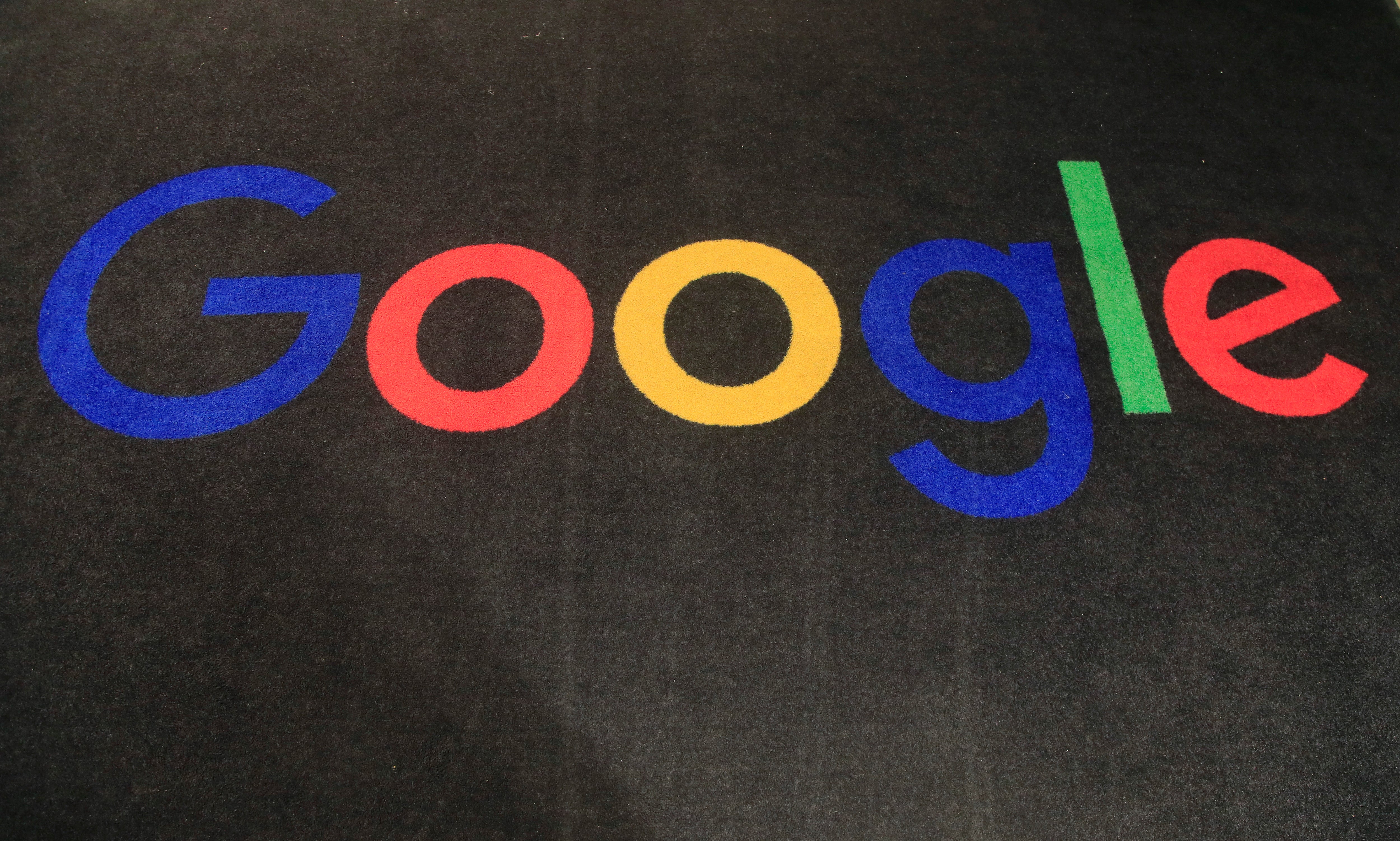Australian judge rules Google misled Android users on data
An Australian judge has found that Google broke the law by misleading users about personal location data collected through Android mobile devices

Google broke Australian law by misleading users about personal location data collected through Android mobile devices, a judge found Friday.
The Federal Court decision was a partial win for the Australian Competition and Consumer Commission, the nation’s fair trade watchdog, which has been prosecuting Google for broader alleged breaches of consumer law since October 2019.
Justice Thomas Thawley found that Google misled Android mobile device users about personal location data collected between January 2017 and December 2018.
“This is an important victory for consumers, especially anyone concerned about their privacy online, as the court’s decision sends a strong message to Google and others that big businesses must not mislead their customers,” Commission Chair Rod Sims said in a statement.
“We are extremely pleased with the outcome in this world-first case,” he added.
Google is considering an appeal to the full bench of the Federal Court.
“The court rejected many of the ACCC’s broad claims,” a Google statement said.
“We disagree with the remaining findings and are currently reviewing our options, including a possible appeal,” Google added.
The judge ruled that when users created a new Google account during the initial set-up process of their Android device, Google misrepresented that the “Location History” setting was the only Google account setting that affected whether Google collected, kept or used personally identifiable data about their location.
But another Google account setting titled “Web & App Activity” also enabled Google to collect, store and use personally identifiable location data when it was turned on, and that setting was turned on by default.
The judge also found that when users later accessed the “Location History” setting on their Android device during the same time period to turn that setting off, they were also misled because Google did not inform them that by leaving the “Web & App Activity” setting switched on, Google would continue to collect, store and use their personally identifiable location data.
Similarly, between March 2017 and Nov. 29, 2018, when users later accessed the “Web & App Activity” setting on their Android device, they were misled because Google did not inform them that the setting was relevant to the collection of personal location data.
Google said the digital platform provides “robust controls for location data and are always looking to do more.”
The commission is seeking court orders and financial penalties against Google to be determined later.
The Australia Institute Center for Responsible Technology, a Canberra-based think tank, said the case “highlights the complexity of Big Tech terms and conditions.”
“The reality is most people have little to no idea on how much of their data is being used by Google and online platforms,” the Center’s Director Peter Lewis said in a statement.
Lewis said reading most terms and conditions takes an average of 74 minutes and requires a university education, according to the institute's research, and more comprehensive consumer data protection was needed.
Bookmark popover
Removed from bookmarks